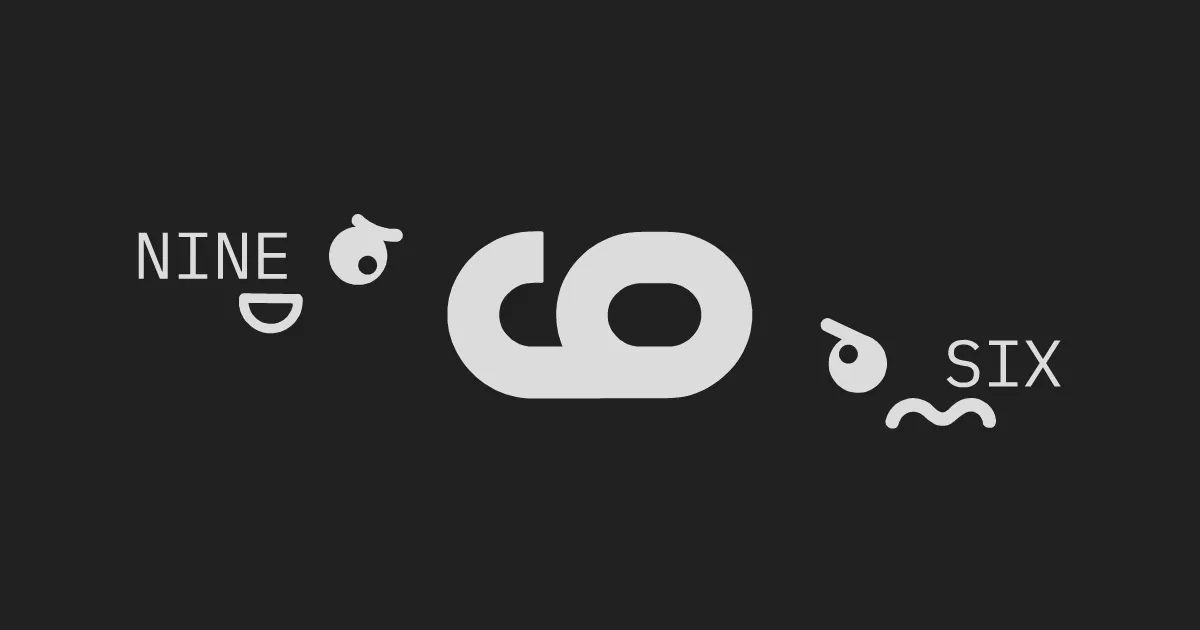You Don’t Know What They’re Thinking

Picture yourself in the checkout line. The cashier doesn't smile. Your mind immediately begins its work: She's having a bad day. She doesn't like me. I said something wrong. She's judging my purchases. Within seconds, you've constructed an entire narrative about a stranger's interior state based on the angle of her mouth.
We're all amateur mind readers with terrible accuracy rates.
The assumption machine never stops running. It churns through every interaction, filling in gaps with stories that feel more concrete than reality itself. We mistake these fabrications for truth, then defend them like scripture.
You assume your partner knows what you need without being told. You assume your silence communicates disappointment effectively. You assume everyone processes hurt the same way you do, thinks about money the way you do, experiences love through the same narrow lens you've polished with your particular struggles.
The most expensive assumption is that others think like you. This isn't empathy — it's projection stretched out on the therapist's couch. Real empathy requires admitting you don't know, then staying curious about what you might discover.
Every assumption is a small act of cowardice. It's choosing the story you can control over the truth you can't predict. The unknown creates anxiety, so we fill it with certainty, even false certainty. Better to be wrong than suspended in not-knowing. It's preferring your version of someone else's thoughts to the risk of actually asking them. The question would shatter the fantasy, and the fantasy feels safer than the unknown.
But safety built on guesswork isn't safety. Every guess stacks up like a brick in the wall between you and authentic connection. The relationships that will survive your assumptions won’t necessarily be good relationships — they’ll be relationships with people who’ve learned to perform the roles you’ve assigned them.
Consider how often you've been wrong about someone's motives. The friend who seemed distant was dealing with illness. The colleague who appeared hostile was newly divorced. The stranger who cut you off in traffic was rushing to the hospital. Your stories about their stories were fiction.
In relationships, assumptions become distortions. You assume your partner should know you're upset. They assume your quietness means you need space. Neither of you speaks. The assumption spiral tightens until you're fighting about invisible crimes no one actually committed.
Try this: Notice when you're filling in blanks about someone's thoughts or feelings. Catch yourself between stories. You might say "I'm making up a story that you're annoyed with me" rather than acting from that assumption. Get used to saying "I don't know what you're thinking" and mean it. Let that not-knowing exist without immediately solving it.
When you stop assuming you know what others want, you start asking. When you stop assuming they can read your mind, you start speaking. Communication becomes possible only when the fiction of telepathy ends.
Most assumptions are autobiography. When you assume someone is judging you, you're usually judging yourself. When you assume they're disappointed, you're projecting your own disappointment. When you assume they don't care, you're often grappling with your own indifference.
We assume others see the world through our individual wounds, our specific conditioning, our private fears. This isn’t connection — it’s dialogue reduced to a closed circuit. True intimacy begins when you recognise the other person as genuinely different, not as a mirror costumed in its pronoun and posture.
The imaginative fiction hurts most in new relationships. Someone smiles at you and you construct an entire romance. They don't text back immediately and you write the breakup speech. You fall in love with your assumptions, then feel betrayed when reality doesn't cooperate.
The root of assumption is simple: the dread of hearing no, of being wrong, of sitting undefended in empty space. Assumptions let you stay in control of your suitcase. You get to be right about your story even when you're wrong about the person. You get to feel justified in your reactions even when they're based on fiction.
Ask yourself:
- What do you assume others should know about you without being told?
- When you feel hurt by someone's behavior, how much of that hurt comes from stories you've added to their actions?
- Where are you defending assumptions so fiercely that you refuse to investigate what's actually true?
- How different would your relationships be if you assumed positive intent and asked for clarification?
You don't know what they're thinking. You never did. This isn't a failure of intuition — it's the basic condition of being separate individuals with independent minds.
The real clarity shows itself in the space between stories. When you can say "I don't know what that look means, can you tell me?" instead of deciding it means you're in trouble. When you can request instead of expecting, clear up instead of presuming, stay curious instead of creating narratives that protect you from having to risk being wrong.
The assumption machine promises safety but delivers conflicts. It keeps you trapped in conversations with projections instead of connected to actual people. You don't need better assumptions. You need the courage to decide, once and for all, to live without them